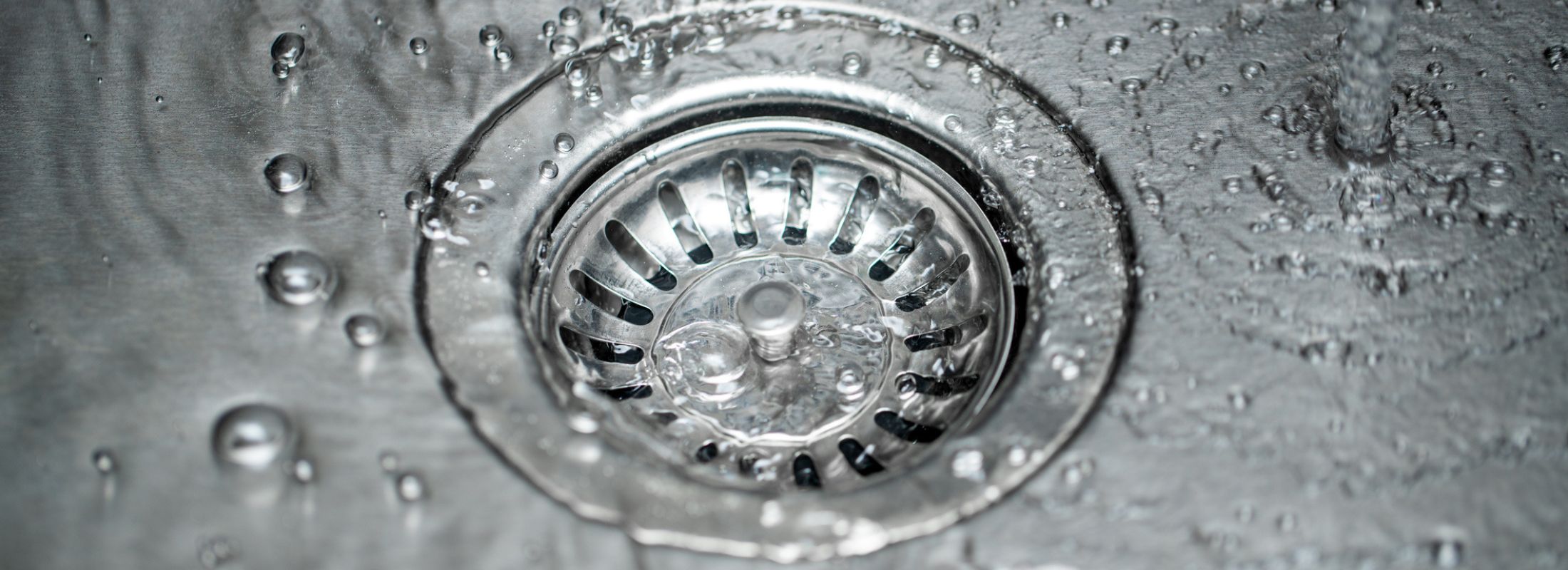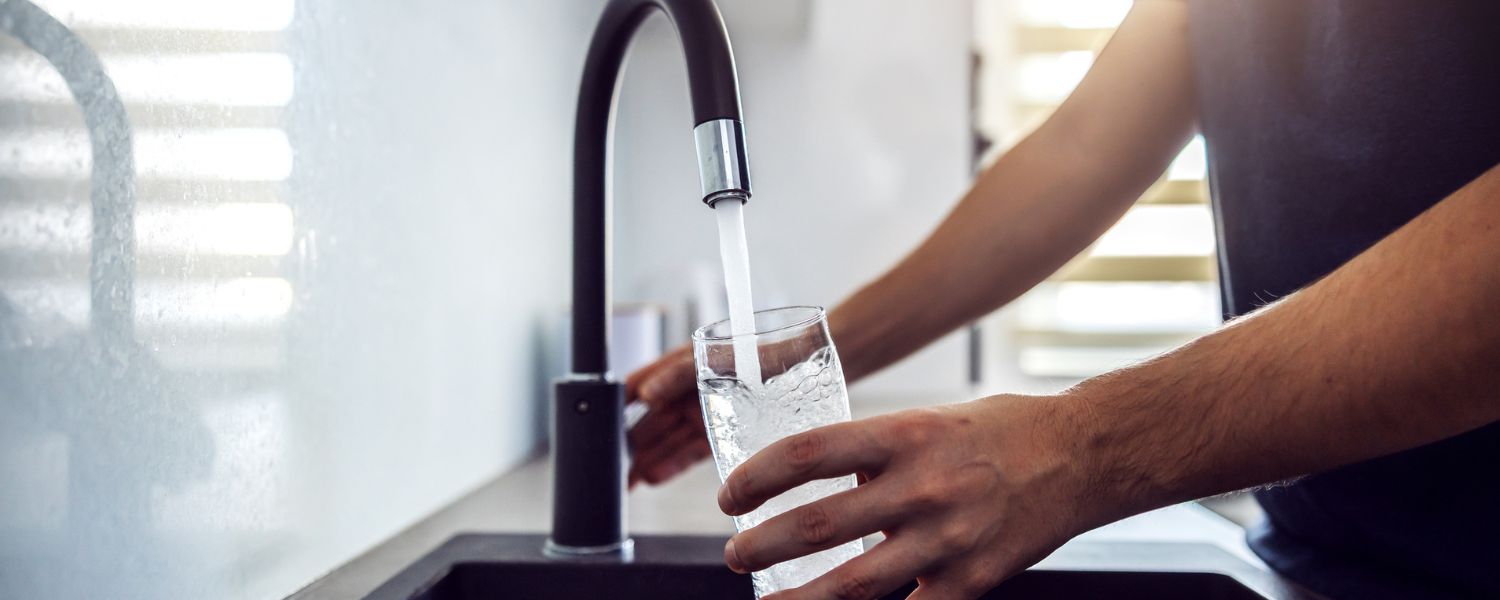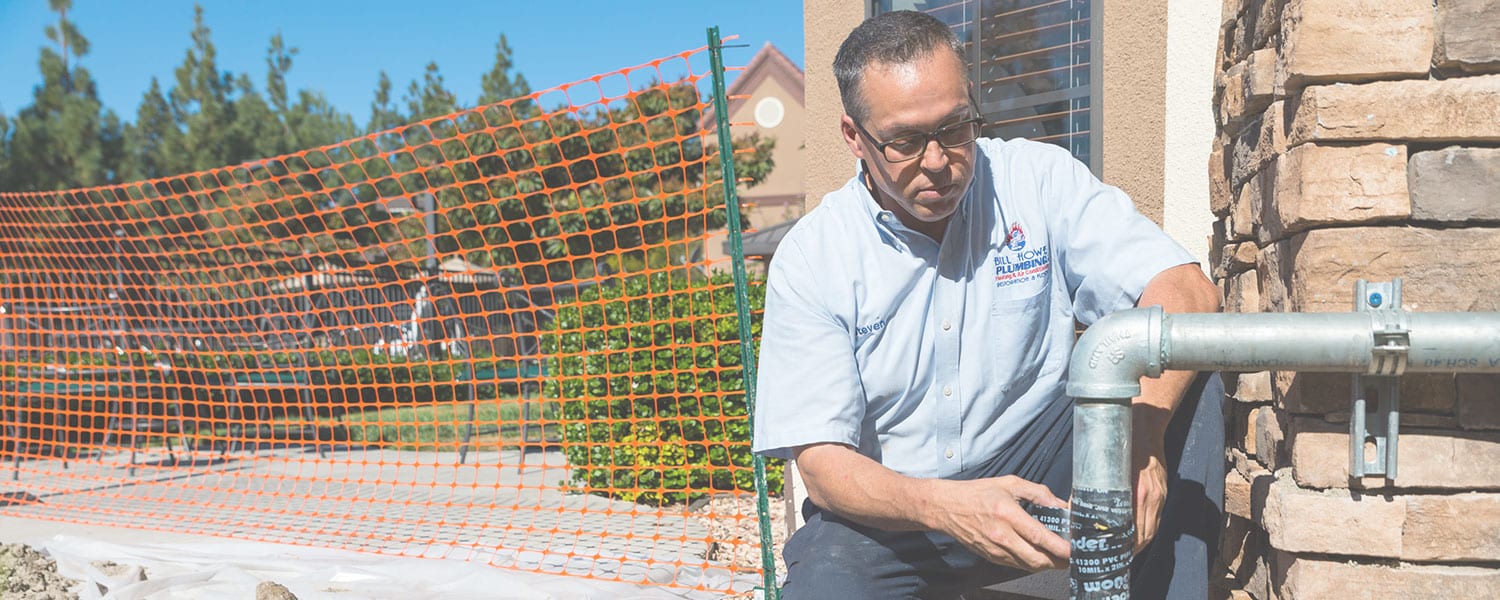If you’re like many Californians, you begin every day with a fresh cup of coffee. That daily routine creates plenty of used coffee grounds that have to end up somewhere. If you’re a coffee drinker who has wondered, “Can coffee grounds go down the sink?”, you’ve come to the right place.
What Happens When Coffee Grounds Go Down the Drain
Can coffee grounds go down the garbage disposal? Do coffee grounds in a sink cause any damage? Disposing of coffee grounds down drains can damage a garbage disposal and lead to clogs and even backups. Coffee ground clogs often form in the U-shaped drain pipe in your sink plumbing, but can occur anywhere in your plumbing system.
Common Myths About Coffee Grounds and Sink Drains
Ask your friends and family, “Can coffee grounds go down the sink?” or “Can coffee grounds go down the garbage disposal?”, and you may find their answers are surprising. More than a few will say that coffee grounds are okay to go down your kitchen drain and may even be a good idea. That’s only one of the common myths about coffee grounds in the sink. Here are a few more myths about coffee grounds and sink drains.
- Coffee grounds poured down a kitchen sink can help clear debris from pipe walls.
- Coffee grounds will help remove offensive odors from a sink drain.
- Coffee grounds sharpen garbage disposal blades.
- The grease in coffee grounds contributes to clogs.
First, coffee grounds don’t contain enough fat to cause clogs on their own. The real issue is that other food and debris cling to the grounds, creating blockages.
Second, while garbage disposals don’t actually have blades (they use rotating paddles against a grinding surface), coffee grounds can still cause significant problems. The paddles grind the coffee grounds even finer, creating a sludgy material that can be very difficult to flush through your drain pipes.
Third, although coffee grounds are known to absorb odors, they simply don’t have enough power to eliminate drain odors effectively.
Can Coffee Grounds Go in The Garbage Disposal and Cause Costly Plumbing Issues?
As the coffee grounds accumulate, they combine with other waste and form clumps that only get larger. Once the clogs get large enough, they can cause a range of plumbing and septic problems like these.
Full Obstructions
Clogs can build up and lead to full blockages that cause slow drains, unpleasant odors, and sewage backups.
Garbage Disposal Damage
When coffee grounds catch in the garbage disposal blades, they can dull or damage them, potentially guming up the mechanism and reducing the disposal’s overall life expectancy.
Septic System Issues
Coffee grounds in a sink can lead to septic system issues in your plumbing and main septic line.
Now that you know the dangers of coffee grounds in a garbage disposal or sink drain, ensure you always dispose of the grounds safely. But what if you’ve been sending coffee grounds down your drain daily?
What to Do If You’ve Already Been Pouring Coffee Grounds Down the Drain
If you’ve been pouring coffee grounds down the drain, the extent of the damage depends on how much and for how long. But if you drink coffee daily and dispose of your coffee grounds in the sink is a long-time habit, you could experience plumbing issues. Here’s what to do if coffee grounds are clogging your pipes.
- Pour a pot of boiling water down the drain to dissolve or dislodge the clog.
- Put half a cup of baking soda and half a cup of white vinegar into the drain and let it sit for an hour.
- Use a sink plunger to dislodge the clog.
- Remove the sink trap and clear it.
- Use a drain snake to clear the blockage.
If none of these methods work, you can try an over-the-counter crystal drain cleaner. These chemical cleaners dissolve grease and buildup effectively if used correctly. If the clogged drain doesn’t respond to any of the DIY methods, or you want to save time and frustration, it’s time to call a professional plumber.
What to Do With Coffee Grounds Instead of Pouring Them Down the Sink
Most coffee drinkers toss their used coffee grounds in the disposal, drain, or trash. We know pouring grounds down the drain is a bad idea, but sending them to the landfill isn’t much better. When coffee grounds decompose in a landfill, they create greenhouse gases that can harm the environment. Fortunately, there are many uses for used coffee grounds that are beneficial and eco-friendly.
Compost
Composting is an ideal way to put food scraps and organic materials to work in your garden. Coffee grounds added to compost contribute valuable nitrogen and help the compost decompose more quickly.
Deodorizer
Coffee grounds naturally neutralize odors in your sneakers, car, kitchen, and just about anywhere else. Place a bowl of used coffee grounds wherever you want to tame offensive odors and leave it for at least 24 hours.
Insect Repellent
Coffee grounds are a natural insect repellent and can deter mosquitoes, ants, and other common pests. The strong aroma of coffee grounds can also repel rodents and stop snails and slugs from damaging plants.
The next time you brew a pot of coffee, save the used coffee grounds and put them to good use. Use the used coffee grounds right away or let them dry out and store them in an airtight container. Store the container of coffee grounds in a cool, dry area away from light.
How a San Diego Plumber Can Help
Local plumbers at Bill Howe have the tools and training to tackle even the most stubborn coffee grounds clogs. Your plumber begins the process with an inspection, using drain cameras and other tools to locate the clog. Once the plumber has inspected your plumbing, they will choose the best approach for removing the obstruction.
Manual Drain Snakes
Manual drain snakes are ideal for minor clogs that are easily accessible. Manual plumbing snakes are designed to snare solids and are rotated by hand to break down clogs.
Motorized Drain Snakes
Motorized drain snakes give plumbers more clog-removing muscle to tackle major clogs. Motorized plumbing snakes work like the manual versions, but are more powerful.
Hydro Jetting
When clogs won’t respond to conventional plumbing methods, it’s time to bring in the heavy artillery. Hydro jetting uses high-pressure water streams to bombard clogs and clear out plumbing pipes.
Pipe Repair
Clogs can cause damage to pipes or be caused by them. Regardless of your plumbing problem, professional plumbers can perform repairs and get your plumbing back in shape.
Our certified plumbers in San Diego have delivered superior plumbing services since 1980. Call 1-800 BILL HOWE (245-5469) today and find plumbing repairs and maintenance you can trust. From fixing coffee grounds in your disposal to leak detection to clog removal, we know Howe!




